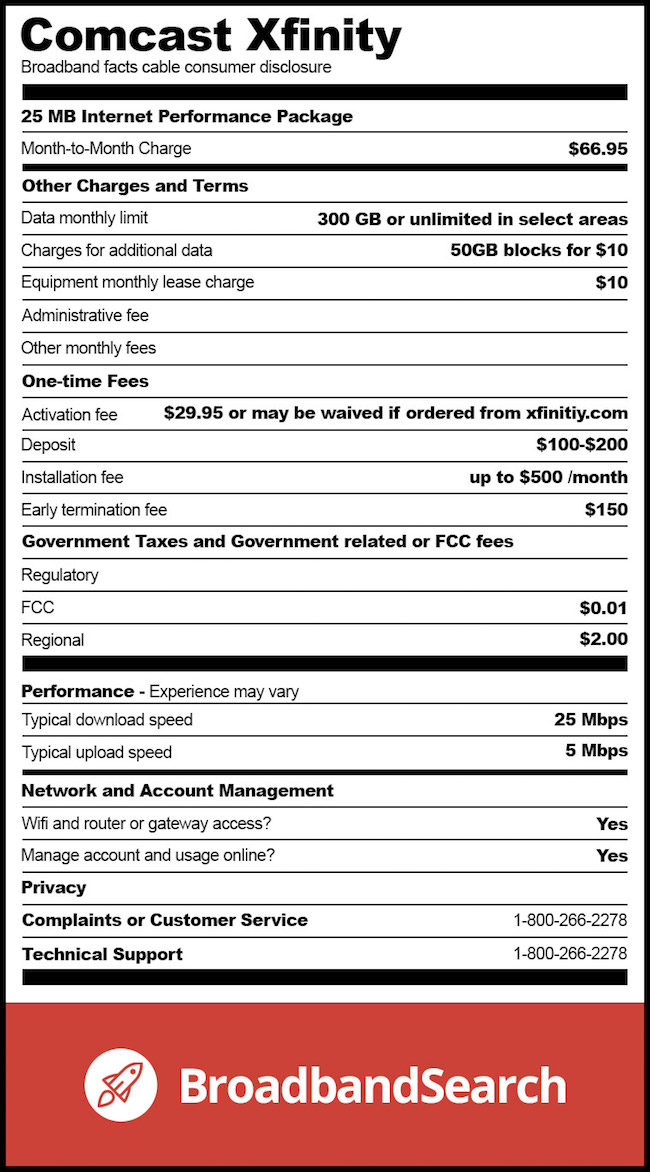Calories? Carbs? Data Caps? ISP Nutrition Labels From BroadbandSearch
Depending on where you live, you may be able to choose between two or three big name ISPs. No matter which one you ultimately select, you might face some difficulty obtaining the kind of service you deserve. If you know what to expect, it’s easier to prepare yourself and, in the event you DO have a choice, pick the one that’s right for you.
BroadbandSearch has likened transparency in the telecommunications industry to nutrition information on food packaging. They have produced a set of “Nutrition Labels” for your Internet access diet.

They describe the project:
We believe that anything that makes buying broadband Internet service easier is a good thing, and for that reason we've created these ready-made broadband nutrition labels to help you choose from the biggest providers in the nation.
Here is Comcast’s Xfinity label, a big provider in our Minneapolis area.
Of course, rates from Xfinity and other providers vary from place to place and they offer introductory deals that depend on a number of factors. For more on how BroadbandSearch obtained their data, check out their Sources page.
Now that the FCC’s network neutrality rules have been challenged and upheld in the Appellate Court, providers are required to be more transparent. These labels can help them share the information that subscribers need to make informed decisions. Check out the complete set at BroadbandSearch.




